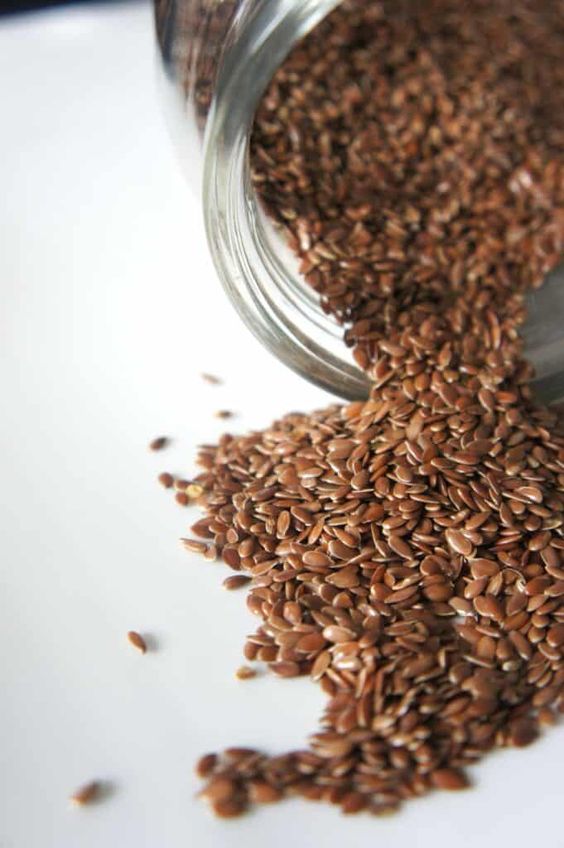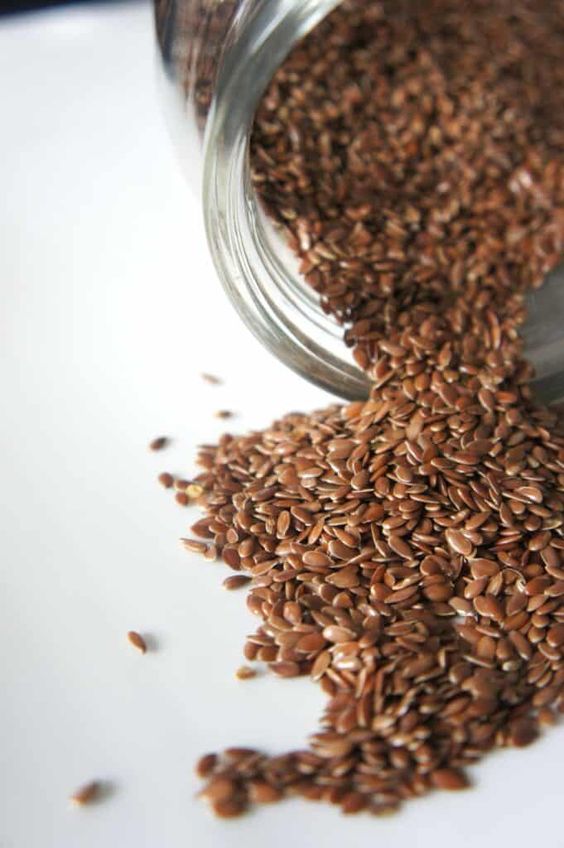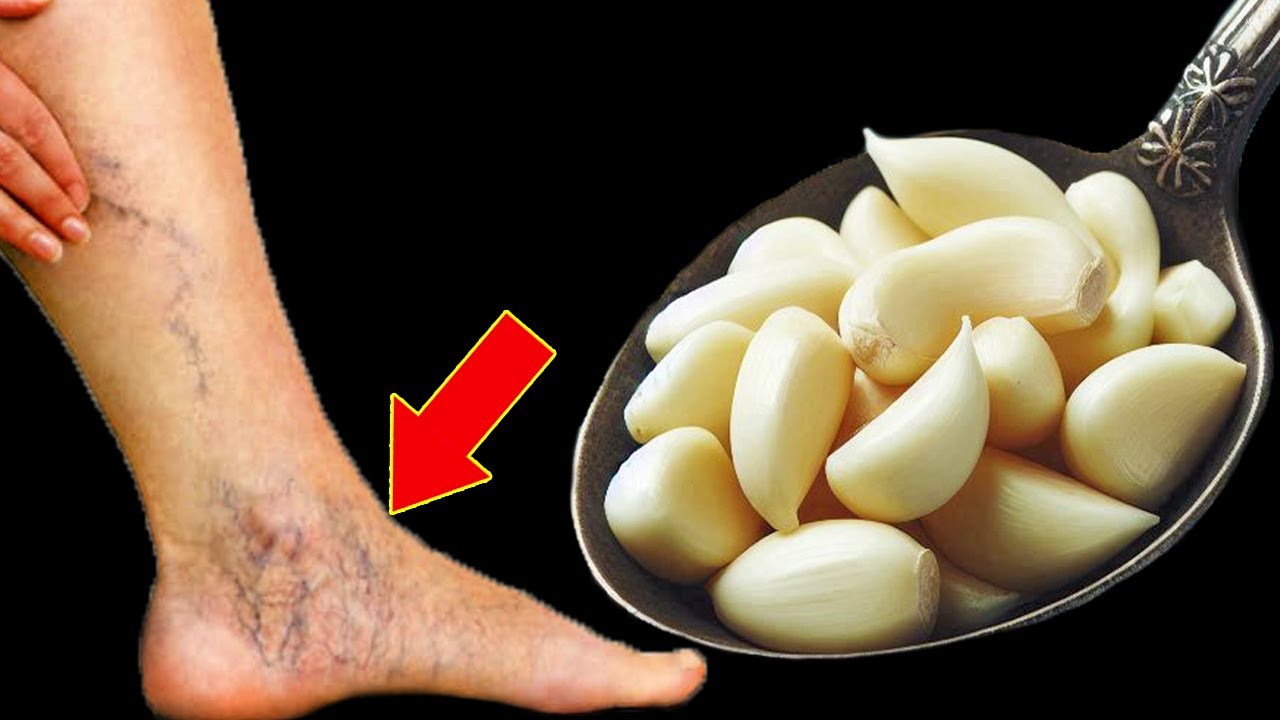
-
Rich in Nutrients: Flaxseeds are a powerhouse of nutrients. They are rich in omega-3 fatty acids, specifically alpha-linolenic acid (ALA), which is essential for heart health. They’re also a great source of lignans, which have potent antioxidant and estrogen properties, and fiber, both soluble and insoluble types.
-
Improves Heart Health: The omega-3 fatty acids in flaxseed can help reduce the buildup of plaque in arteries and lower bad cholesterol (LDL) levels, reducing the risk of heart disease. Additionally, flaxseed can help lower blood pressure levels.
-
Digestive Health: The high fiber content in flaxseed aids in digestion by improving the movement of food through the intestines and promoting regular bowel movements. This can help prevent constipation and promote better gut health.
-
Cancer Prevention: Flaxseeds are a rich source of lignans, which may reduce the risk of various cancers, including breast, prostate, and colon cancer. This is due to their ability to interfere with the hormonal metabolism that can trigger cancerous cell growth.
-
Regulates Blood Sugar: Studies suggest that the insoluble fiber content of flaxseed can help improve insulin sensitivity and stabilize blood sugar levels, making it beneficial for people with diabetes.
-
Anti-inflammatory Properties: The ALA in flaxseed has been shown to decrease inflammatory markers in the body, suggesting that flaxseed can help reduce the inflammation associated with conditions like arthritis.
-
Supports Weight Management: Flaxseed is filling and low in sugar, helping to reduce appetite and potentially aid in weight management. The soluble fiber content absorbs water and expands in the stomach, which increases the feeling of fullness.
-
Improves Skin Health: The essential fatty acids in flaxseed help to keep the skin hydrated and smooth, reducing dryness and flakiness. Additionally, the anti-inflammatory properties can help reduce the appearance of redness and acne.
-
Supports Hormonal Balance: For women, flaxseed can be especially beneficial during menopause. The lignans act as natural hormone therapy, helping to balance estrogen levels and reduce menopausal symptoms like hot flashes.
How to Incorporate Flaxseed into Your Diet
-
Ground Flaxseed: To maximize nutrient absorption, consume flaxseed in its ground form. Whole flaxseeds can pass through the intestine undigested, which means you won’t get all the benefits.
-
Add to Breakfast: Mix ground flaxseed into oatmeal, yogurt, or smoothies.
-
Baking: Substitute ground flaxseed for a portion of flour in recipes like muffins, bread, and pancakes.
-
Salads and Soups: Sprinkle ground flaxseed over salads or stir into soups for a nutrient boost.
Conclusion
Eating flaxseed daily can contribute significantly to your overall health due to its nutrient richness and associated health benefits. It’s a simple addition to your diet but one that can make a profound difference in your health and well-being. Whether you’re looking to improve your heart health, manage your weight, or just maintain a balanced diet, flaxseed is an excellent choice.





